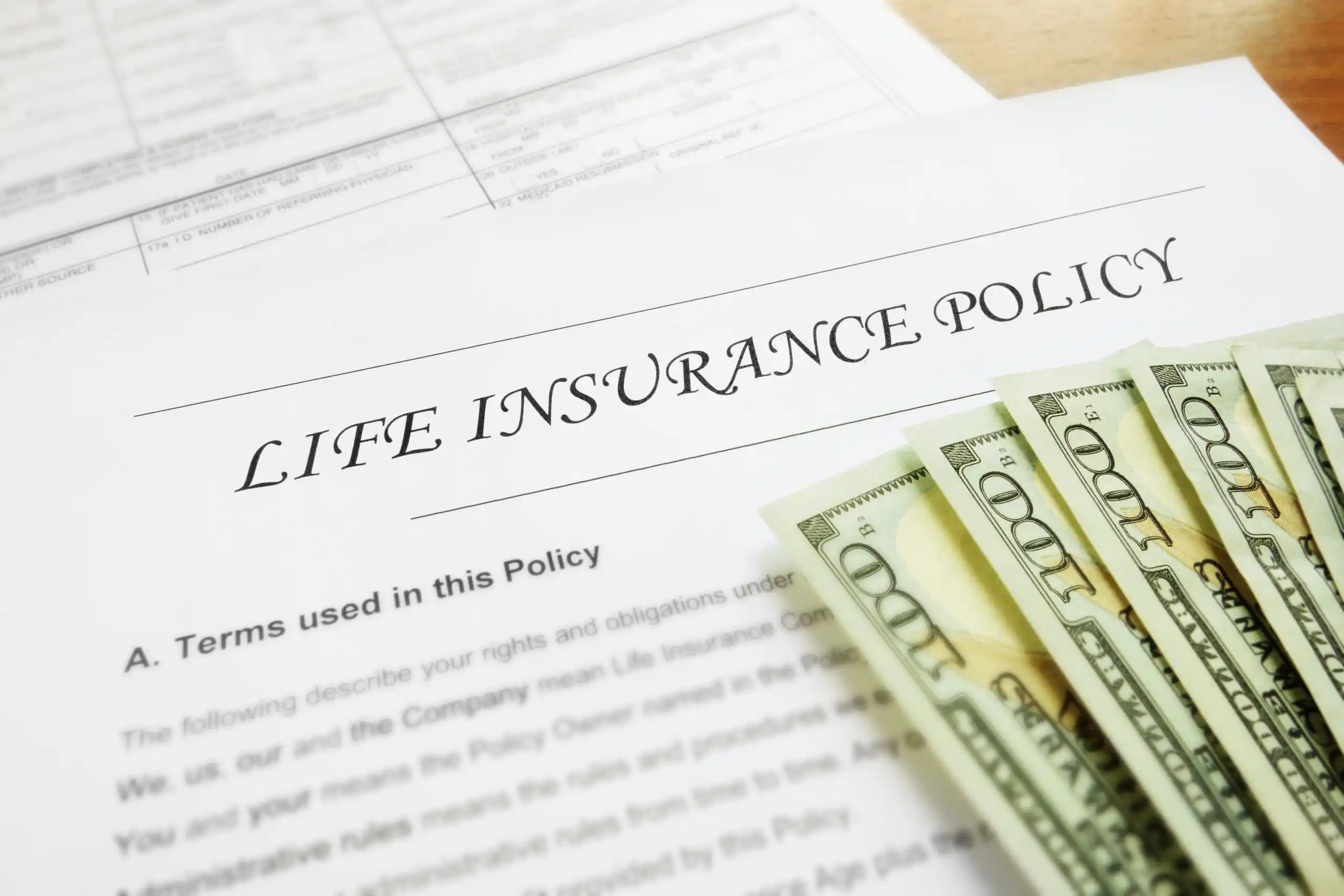In the tragic event that you become the beneficiary of a life insurance policy, you may ask yourself one big question. “Is this life insurance payout taxable?” It’s natural to want to know what to expect as a beneficiary. In many cases, life insurance payouts are in the five and six-figure range. Knowing whether you need to pay taxes on that money is an important piece of information.
On the flipside, you’ll also want to be aware if you are the policy holder. Knowing the ins and outs of whether your loved ones will need to pay taxes on your life insurance is important. It will help you calculate exactly how much will end up in their pockets if you pass away. That can be a critical calculation if you’re trying to make sure a big expense is covered, like a mortgage or a university degree.
Understanding taxation and life insurance will also give you the tools to make good decisions regarding your life insurance contract. Then you can talk to your beneficiaries so they know what to expect. There is a lot of fear and uncertainty around this subject. That’s natural, since a life insurance payout relies on someone dying first. However, it’s important for everyone involved to be aware of the benefits (and drawbacks) of different forms of life insurance.
At the end of the day, it’s always a good idea to know your policy (and the potential ramifications of it) thoroughly.
Is Term Life Insurance Taxable?
Anytime you receive a large sum of money, you likely assume it will be taxed. Fortunately, this is not the case with the death benefits associated with term life insurance policies. The lump sum you receive is not taxable, regardless of how much the policyholder is insured for. However, you should note that this only applies to term life insurance. Some other forms of life insurance can result in beneficiaries needing to pay taxes.
There is an exception to this, though. If you name a trust as your beneficiary, the payout can be taxed as part of the estate. However, if you have enough money that you are concerned about that, you would probably be checking with your personal accountant instead of reading this article.
Is Cash Value Life Insurance Taxable?
Like cash value life insurance itself, things get a little more complicated here. Unlike normal term life insurance, there are some situations where a cash value contract may be taxable.
First, let’s establish what cash value life insurance is. It’s a form of permanent life insurance that allows you to invest (or even withdraw) a portion of your payment. While term life insurance is typically a contract lasting a certain duration (usually between periods of 10 and 30 years), there is no time limit on cash value life insurance.
In theory, it gives you more flexibility with how the money that comes out of your pocket can be used. It creates another place for you to save and gain interest. In some cases, the interest on a cash value insurance policy can be as high as 7%. That would certainly add up over the course of 30 years.
Be very wary though. Some policies have the cash value returning to the company after the death of the policyholder, instead of the beneficiaries. This is the major downside to this form of life insurance. You really need to read the fine print before committing.
Unfortunately, that freedom comes with some major risks and drawbacks. Some of those drawbacks can include the chance of policy lapse, decreasing your death benefit (aka the entire point of life insurance), and — yes — taxation.
When Cash Value Gets Paid Out to Your Beneficiaries
If a cash value payout is more than the total amount you have put into premiums, then your beneficiaries will end up paying income taxes on it. This is incredibly unlikely, but also seems to cut down on one of the main theoretical advantages of cash value contracts. Why collect interest on payments that could a) ultimately go back to the life insurance company rather than your beneficiaries, or b) would be taxed in the event that your interest pays off? Financial experts generally agree that you are better off paying for term life insurance and investing elsewhere.
If You Sell Your Permanent (Cash Value) Life Insurance Policy
Getting out of a cash value life insurance contract can be tricky. You may end up paying taxes on the result. If the amount you are paid when you sell is greater than your premiums, then you will have to pay taxes on it. If you surrender the policy back to the company, you’re still dealing with the same situation. At least this should only happen under exceptional circumstances. So don’t go around thinking a cash value life insurance policy could end up turning you a profit while you’re still alive. It can’t.
The Bottom Line
Under most normal circumstances, life insurance payouts will not be taxable. In some rare circumstances, cash value policies may be. However, that is not the biggest drawback of picking such a plan over term life insurance. The best advice we can give is to keep your life insurance and your investing as two separate things. Get a solid life insurance policy to ensure your loved ones are protected if you pass away. Then, also devote a portion of your income to savings and investing. There’s really no need to combine the two.
 Shutterstock
Shutterstock


